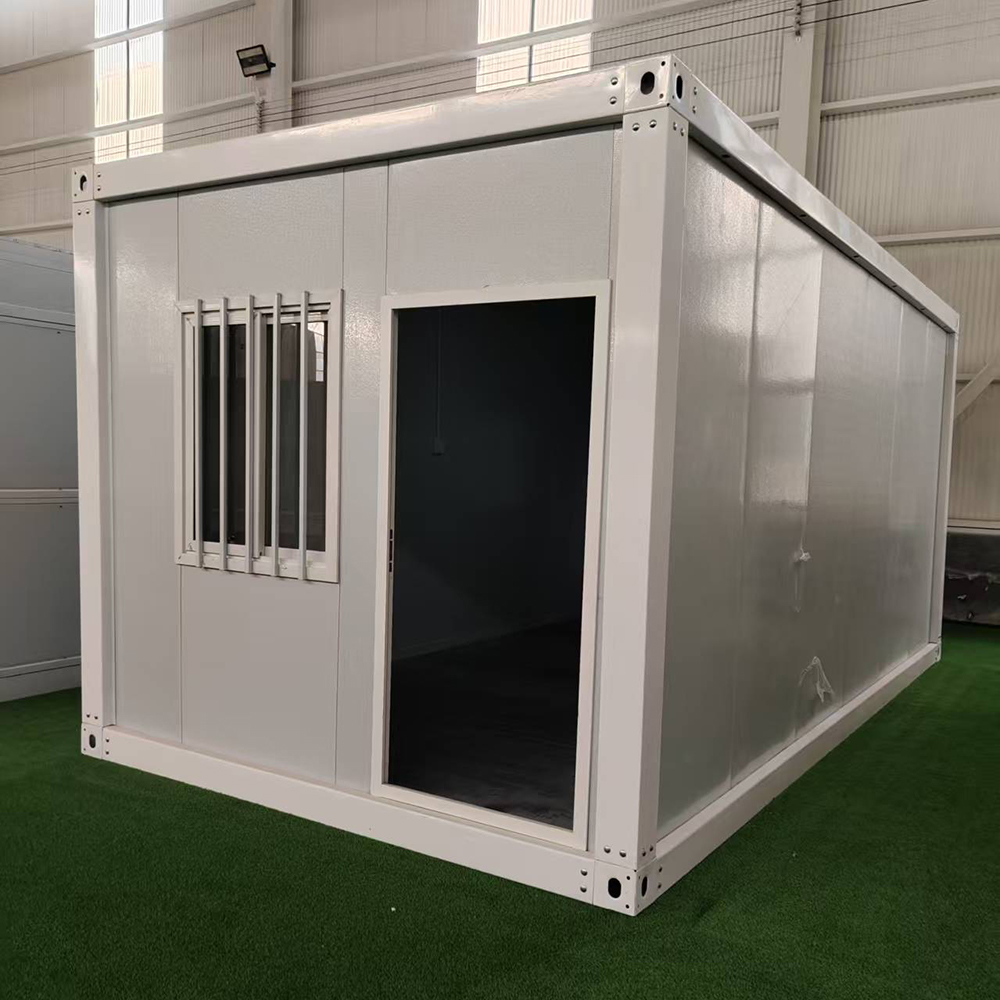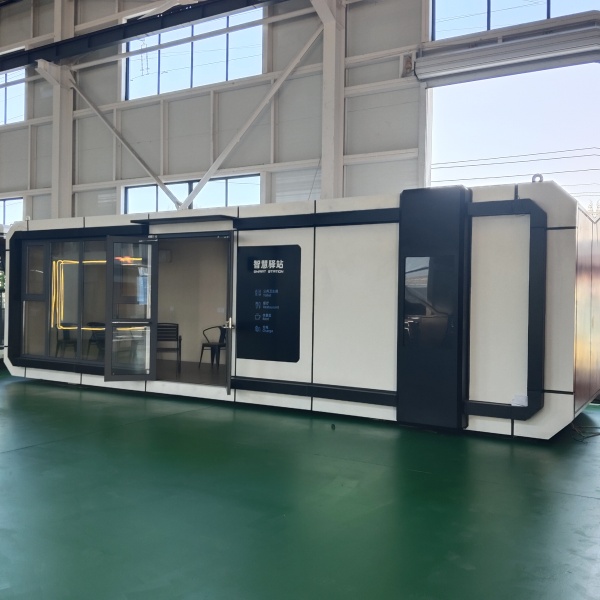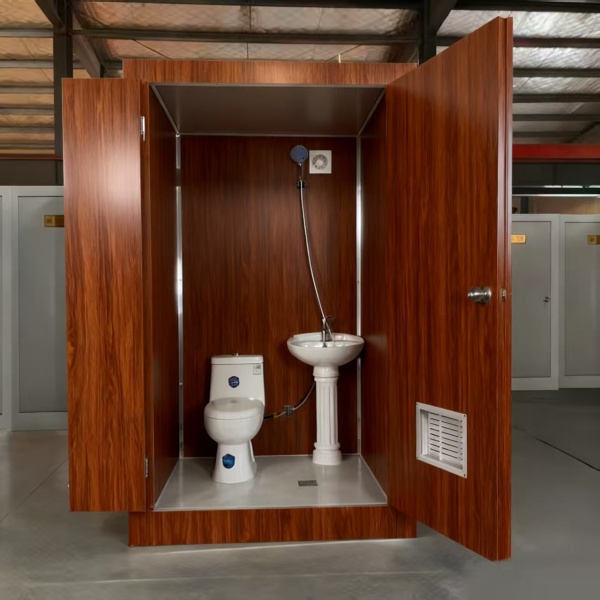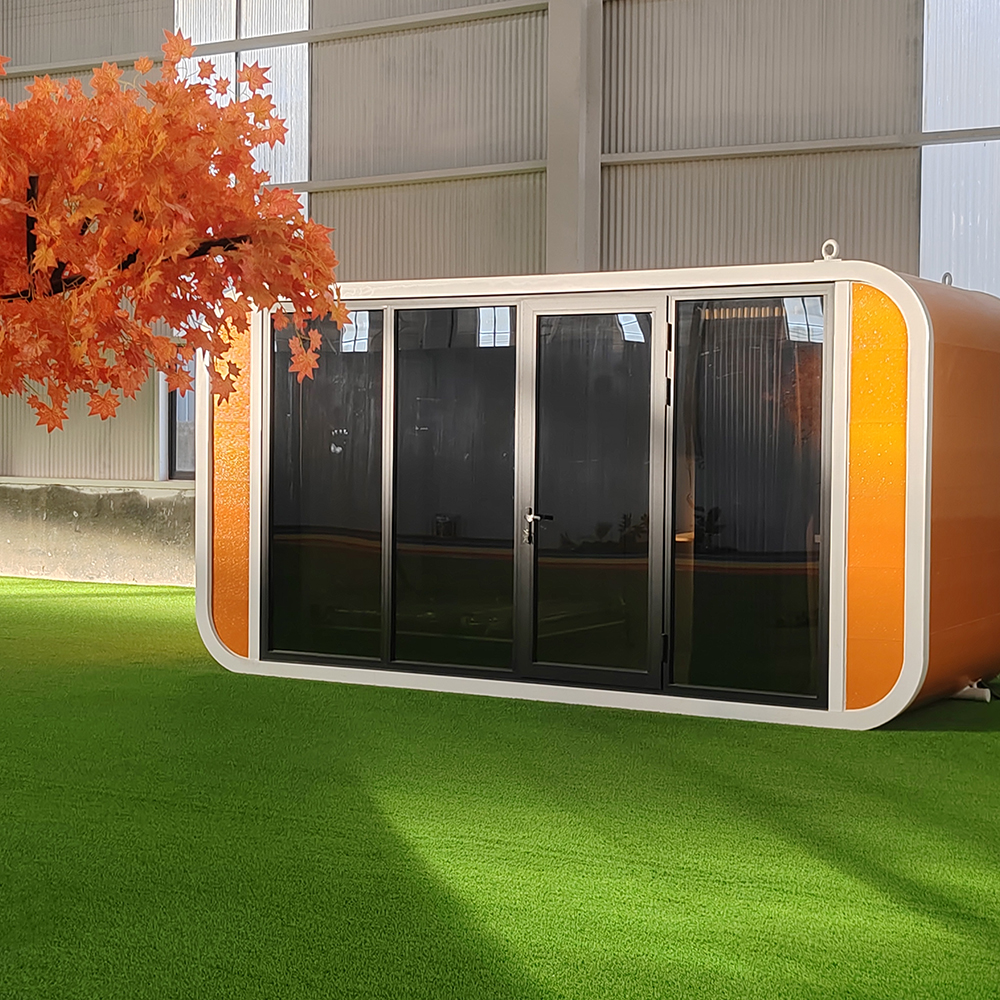-
E-mail
Austin120521@outlook.com -
E-mail
sales@jujiuhouse.com -
Telephone
+86-17864099991 -
Telephone
+86-17854044442
- Chinese
- French
- German
- Portuguese
- Spanish
- Russian
- Japanese
- Korean
- Arabic
- Irish
- Greek
- Turkish
- Italian
- Danish
- Romanian
- Indonesian
- Czech
- Afrikaans
- Swedish
- Polish
- Basque
- Catalan
- Esperanto
- Hindi
- Lao
- Albanian
- Amharic
- Armenian
- Azerbaijani
- Belarusian
- Bengali
- Bosnian
- Bulgarian
- Cebuano
- Chichewa
- Corsican
- Croatian
- Dutch
- Estonian
- Filipino
- Finnish
- Frisian
- Galician
- Georgian
- Gujarati
- Haitian
- Hausa
- Hawaiian
- Hebrew
- Hmong
- Hungarian
- Icelandic
- Igbo
- Javanese
- Kannada
- Kazakh
- Khmer
- Kurdish
- Kyrgyz
- Latin
- Latvian
- Lithuanian
- Luxembou..
- Macedonian
- Malagasy
- Malay
- Malayalam
- Maltese
- Maori
- Marathi
- Mongolian
- Burmese
- Nepali
- Norwegian
- Pashto
- Persian
- Punjabi
- Serbian
- Sesotho
- Sinhala
- Slovak
- Slovenian
- Somali
- Samoan
- Scots Gaelic
- Shona
- Sindhi
- Sundanese
- Swahili
- Tajik
- Tamil
- Telugu
- Thai
- Ukrainian
- Urdu
- Uzbek
- Vietnamese
- Welsh
- Xhosa
- Yiddish
- Yoruba
- Zulu
- Kinyarwanda
- Tatar
- Oriya
- Turkmen
- Uyghur

Buy prefabricated modular container house
Exploring the World of Prefabricated Modular Container Houses
When you think about buying a prefabricated modular container house, it's easy to get overwhelmed by the sheer options and technical details involved. These units promise flexibility and innovation in living spaces, but there are a few common misconceptions and truths worth exploring for anyone venturing into this market.
Understanding the Basics
The primary idea behind prefabricated modular container houses is quite simple—they're constructed off-site in controlled environments and then shipped to the desired location. This method stands out for its efficiency and reduced construction time. Companies like SHANDONG JUJIU INTEGRATED HOUSING CO, LTD offer integrated services covering everything from design to installation. Having seen some of these builds up close, the speed and precision can be impressive, but there are caveats.
Precision is key here. While the build can be completed quickly, the foundation and site preparation need to be precise to avoid future issues. I recall one project where a slight oversight in leveling the ground led to a delay while adjustments were made post-delivery. Despite such hiccups, the modular approach allows for consistency in quality.
Cost efficiency is another appealing aspect of these homes. With production in a factory setting, materials are used optimally, and waste is minimized. Yet, it's essential to factor in transportation costs and site-specific expenses, which can vary significantly based on location and accessibility.
Customization and Flexibility
The promise of customization is indeed enticing. Companies like Shandong Jujiu pride themselves on offering tailored solutions to fit individual needs. Modular units can be combined in myriad ways, providing a vast array of configurations. This flexibility means that whether you want a standalone unit or something more expansive, the possibilities are substantial.
However, customization isn't without its limits. Structural integrity must be maintained, which sometimes means compromising on certain design whims. An acquaintance was dead set on creating a sprawling open-plan design, only to realize that additional support was necessary, leading to a revision of the initial concept.
On the upside, the flexibility allows these homes to adapt over time. Need an extra bedroom? Add a module. This scalability is one of the unsung virtues of modular container houses, providing a sustainable living solution as needs evolve.
Considerations for Quality and Standards
Any potential buyer should be aware of the varying quality standards within the industry. Reputable companies like Jujiu ensure compliance with international safety and quality standards, which is critical for peace of mind. Investing time in due diligence to understand the standards a manufacturer adheres to is wise.
I've encountered instances where cheaper options didn't meet basic safety standards, leading to hazardous conditions. It's a grim reminder that saving initially can result in higher long-term costs, both financially and in terms of safety.
Additionally, ask about warranties and post-installation support. A well-established company will typically offer aftercare services, which are invaluable should any issues arise once the unit is in place.
Logistical Considerations
Logistics play a significant role in the feasibility of a prefabricated modular container house. Shipment logistics can often be underestimated. Transportation and installation require precision and occasionally, specialized equipment and personnel attention.
There was a case where a shipment was held up due to bad weather, and the cost implications were substantial. Being prepared for such eventualities, with clear contingencies, can mitigate stress and financial strain.
The environmental conditions of the delivery site also influence logistical planning. This is where working with an experienced provider like Shandong Jujiu can be beneficial—they often have the expertise needed to navigate these complexities.
Environmental Impact and Sustainability
Finally, the sustainability angle of prefabricated modular container homes cannot be overlooked. The reduced waste in production and potential for energy-efficient designs make them appealing in an eco-conscious world.
The use of recycled materials and energy-efficient systems can notably decrease the environmental footprint. Witnessing a build that incorporated solar panels and rainwater collection systems was particularly inspiring, showcasing the alignment with sustainable living trends.
However, the lifetime environmental impact isn't solely about the build itself. Maintenance and potential recycling of materials at the end of the home's lifecycle are also crucial considerations. Engaging with a company well-versed in sustainable practices, like Jujiu, ensures these factors are considered from the outset.
Related products
Related products
Best selling products
Best selling products-
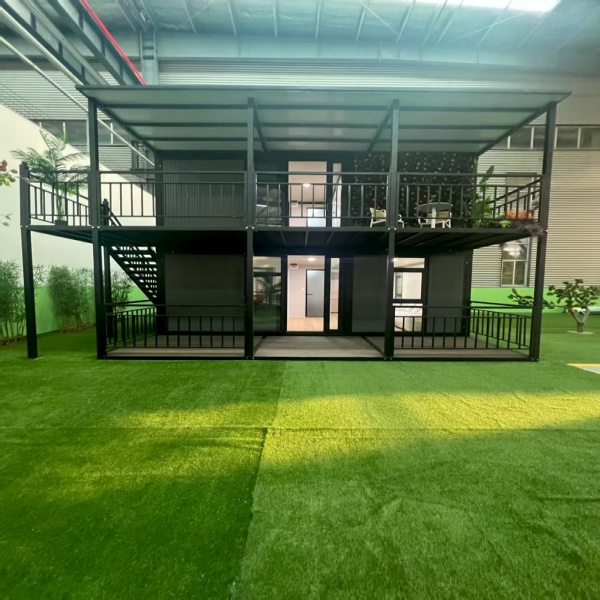 Luxury foldable two-story container houses in luxury resort hotels and villa hotels
Luxury foldable two-story container houses in luxury resort hotels and villa hotels -
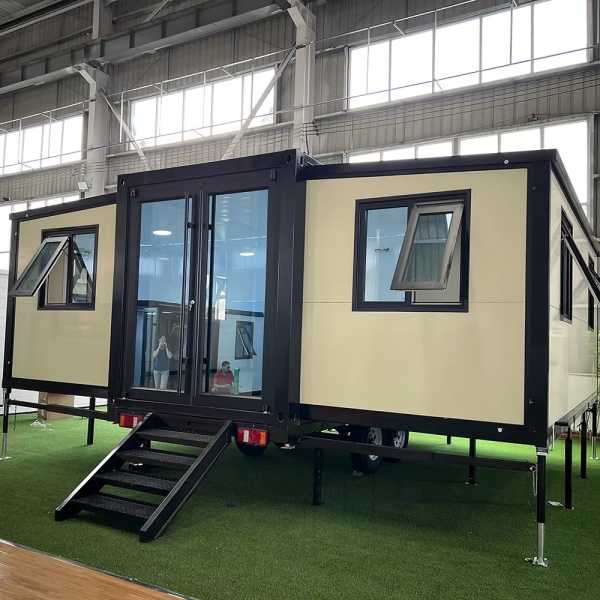 Stair Access Double Wing Expandable Container House | Easy Installation Mobile Office
Stair Access Double Wing Expandable Container House | Easy Installation Mobile Office -
 A container house with a terrace and double-wing folding design, suitable for various purposes such as offices, meeting rooms, living rooms, etc.
A container house with a terrace and double-wing folding design, suitable for various purposes such as offices, meeting rooms, living rooms, etc. -
 Customized Expandable Container House Holiday Home Folding Prefab Container House with Bathroom and Kitchen
Customized Expandable Container House Holiday Home Folding Prefab Container House with Bathroom and Kitchen -
Two Wing Folding Expandable Container House
-
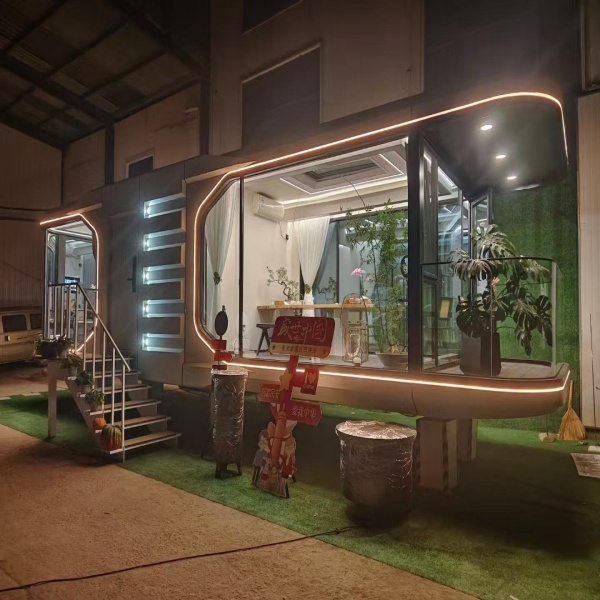 Outdoor ecological capsule rooms, luxury pods, space capsule hotel rooms, prefabricated space capsules, container houses
Outdoor ecological capsule rooms, luxury pods, space capsule hotel rooms, prefabricated space capsules, container houses -
 Factory Direct Sales Office Folding Container Luxury House Living Container House
Factory Direct Sales Office Folding Container Luxury House Living Container House -
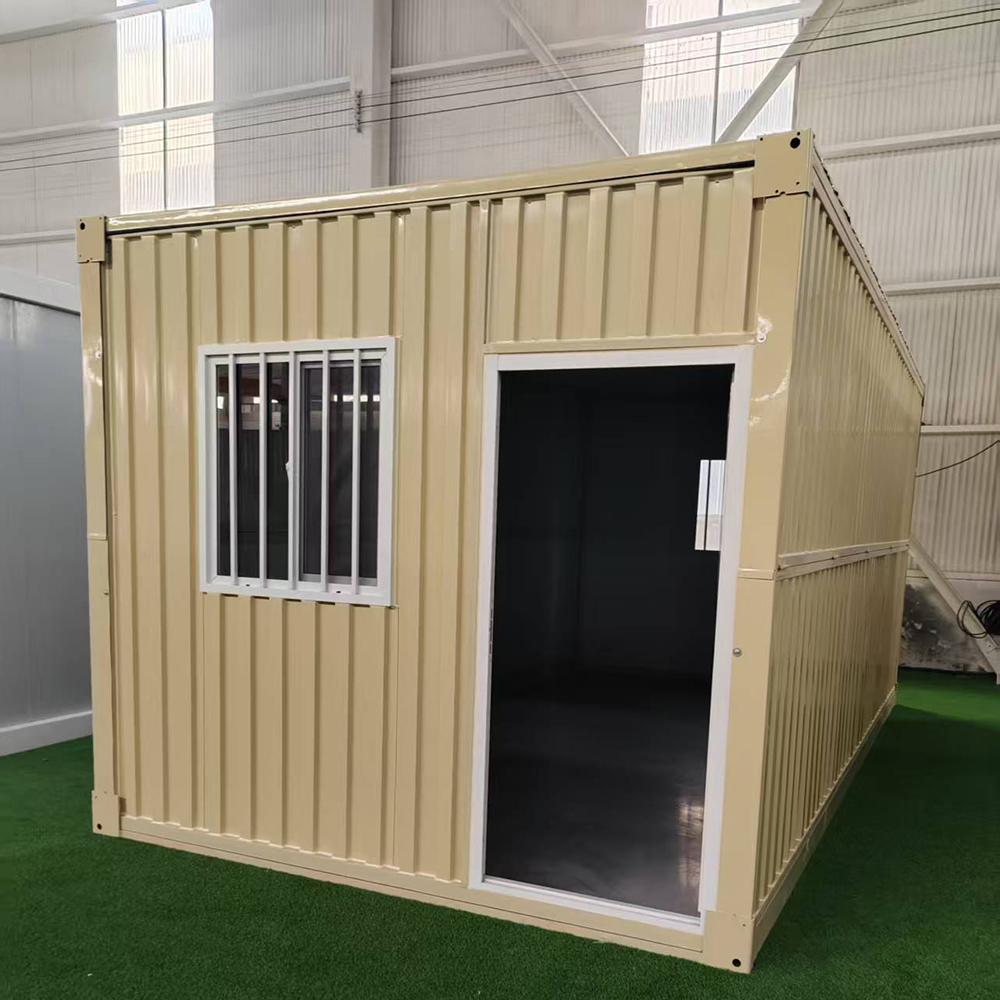 Competitive Price Portable Container House Foldable Container Mobile Living Modular Homes
Competitive Price Portable Container House Foldable Container Mobile Living Modular Homes -
 Dual-Wing Folding Container House: Fast Assembly, Space-Saving & Multi-Scene Adaptable
Dual-Wing Folding Container House: Fast Assembly, Space-Saving & Multi-Scene Adaptable -
 Waterproof folding container house – mobile accommodation for campsites/scenic spots
Waterproof folding container house – mobile accommodation for campsites/scenic spots -
 Good Quality Modular Homes Prefabricated House Expandable Container House 20FT Mobile Flat Roof House
Good Quality Modular Homes Prefabricated House Expandable Container House 20FT Mobile Flat Roof House -
 The foldable container house with side wing design can be quickly set up and is suitable for various environments.
The foldable container house with side wing design can be quickly set up and is suitable for various environments.









